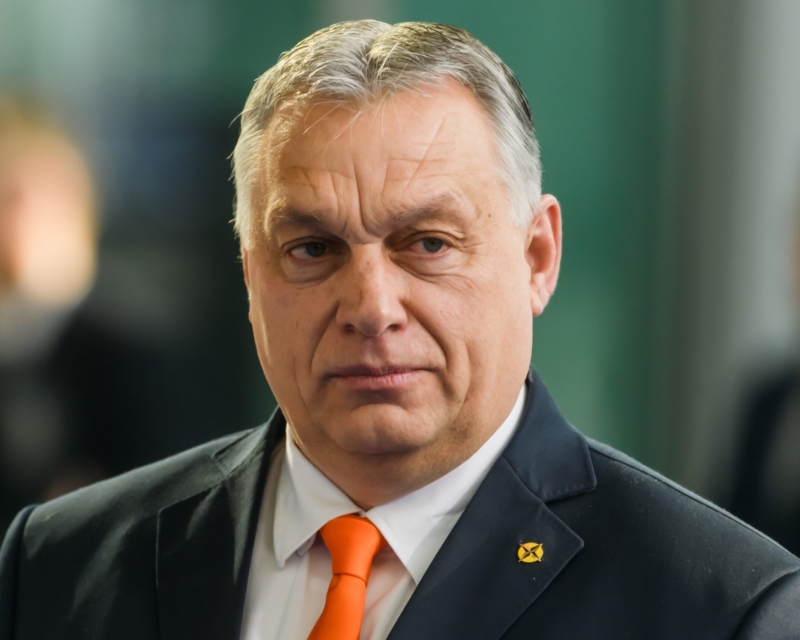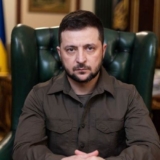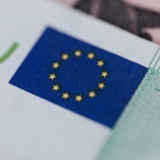Hungary Objects to Ukraine’s EU Bid… “Negotiations must not continue”
In the high-stakes game of European Union expansion, Hungary’s Prime Minister Viktor Orbán has once again thrown a diplomatic curveball, signaling his disapproval of Ukraine’s bid to join the EU. As the Union teeters on the edge of a pivotal decision in mid-December, Orbán’s objections could be the wrench in the works that derails Kyiv’s aspirations.
Orbán’s refusal to endorse negotiations stems from what he perceives as Ukraine’s lack of readiness for EU membership. In a candid interview with state radio, he asserted, “Ukraine is in no way ready to negotiate on its ambitions to join the European Union.” It’s a bold stance, one that raises eyebrows given the European Commission’s recent commendation of Ukraine’s institutional strength and determination.
The Hungarian leader’s opposition is multifaceted, extending beyond concerns about Ukraine’s preparedness. Orbán’s government has refused military support to Ukraine in its conflict with Russia, a move that has already garnered criticism. Additionally, Hungary accuses Ukraine of suppressing the rights of its ethnic Hungarian minority in the western part of the country, particularly in matters related to language use in schools.
Orbán, however, vehemently denies any connection between Hungary’s opposition to Ukraine’s EU aspirations and the ongoing spat over withheld EU funds. Hungary finds itself entangled in a protracted dispute with the EU regarding alleged breaches of rule-of-law and human rights standards, resulting in the withholding of billions in EU funds.
The prime minister’s declaration that Hungary won’t yield to EU pressure to support Ukraine’s bid in exchange for releasing funds underscores a complex diplomatic dance. Is Orbán playing a geo-political chess game, using Ukraine as leverage in his negotiations with the EU? Or is this, as he claims, an ethical stand against a nation perceived as unprepared for EU membership?
Hungary isn’t the sole potential stumbling block. Slovakia, too, under its new prime minister, Robert Fico, looms as a potential obstacle. Fico’s threats to withdraw military support for Ukraine and his characterization of the country as “one of the most corrupt in the world” add another layer of uncertainty to Ukraine’s EU accession journey.
The European Commission’s recommendation to proceed with accession talks emphasizes the need for Ukraine to address corruption, lobbying concerns, and restrictions on the rights of national minorities before negotiations commence. The nuanced nature of these issues highlights the intricate tapestry of challenges facing Ukraine on its path to EU membership.
As the EU leaders prepare for a crucial decision in December, the Orbán-led opposition introduces an element of unpredictability. Is Hungary’s objection a principled stance or a strategic move in a larger political game? Only time will reveal the true motivations behind this diplomatic chess match, but one thing remains clear—Ukraine’s EU dreams hang in the balance, caught between the aspirations of its people and the geopolitical maneuvering of its European neighbors.






